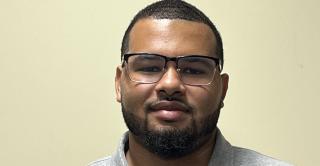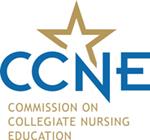
Central to Embracing Compassion.
Central’s Master of Science in Nursing (MSN) program is built on a foundation of advanced clinical knowledge, evidence-based practice, and the humanistic core of nursing. It offers two specialized tracks: Nursing Education and Hospice and Palliative Care. The Nursing Education track prepares students for the nurse educator role in academic and clinical settings. The Hospice and Palliative Care track prepares students to take leadership roles in the delivery of active, holistic therapies to end-of-life and chronic care patients. Both tracks are designed to empower nurses as leaders, educators, and advocates.
Program Features
- 40-credit program
- Attend part-time
- 100% online
- Doctoral prepared faculty with real world experience
- A supportive environment for students with the challenges of work/school/family responsibilities
- Virtual simulation
- Dedicated Program Coordinator
- Individual 1:1 advising
- Financial aid and scholarships are available
- No GMAT/GRE required
- Degree can be completed in 18 months
- Fully accredited by the Commission on Collegiate Nursing Education (CCNE) through 2034 in today’s evolving healthcare landscape
Scholarship Opportunities
All students fully admitted to this program will receive a scholarship of:
- $3,000 ($1,500 per semester) if attending full-time
- $1,500 ($750 per semester) if attending part-time
More Information About Scholarships
Why come to Central for Your MSN degree? (ppt)

The baccalaureate degree program in nursing and the master's degree program in nursing at Central Connecticut State University are accredited by the Commission on Collegiate Nursing Education ccneaccreditation.org.
Program Options
Combines core advanced nursing practice coursework with specialized courses focusing on curriculum development and the role of the nurse educator in clinical and classroom settings. Students gain the skills to shape the future of nursing by mentoring, teaching, and inspiring the next generation of healthcare professionals.
Combines core advanced nursing practice coursework with specialized courses focusing on current trends and integrative health for HPC. Students gain skills in holistic, person-centered care and learn to support patients and families through chronic illness and end-of-life experiences with dignity, empathy, and clinical excellence.



